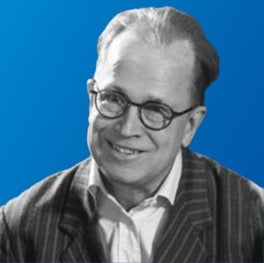UII BRIEFING REPORT 140 | MAY 2024
Briefing Report
A deep dive into certificates for carbon-free energy
31 May 2024
22 min read
Energy attribute certificates (EACs) are becoming the preferred option for demonstrating the consumption of carbon-free and renewable energy (excluding nuclear energy). However, there is still some considerable debate regarding what type of EACs to use. This report reviews four major approaches that are used to acquire EACs, including some variants, and discusses their benefits and risks. It also describes the EACs used in different geographies.
KEY POINTS
- It is expected that the requirements for using EACs will change. The renewable energy initiative RE100 recently limited the use of EACs from facilities older than 15 years. Updates (with expected changes) are ongoing for other reporting frameworks, including the foundational Greenhouse Gas Protocol.
- Some proposed stricter EAC requirements can prevent small- and medium-sized operators from acquiring EACs; for example, stipulations on new energy generation only, 24/7 time-stamping and increased locality (only within a specific country / state), which can drive up prices in some areas.
- The EU defines nuclear energy as a transitional activity that can be considered renewable under strict conditions. Nuclear EACs at (currently) attractive price points can alter EAC market dynamics and provide a realistic path for some operators to achieve carbon neutrality.
- Operators relying on the purchase of EACs to reach their sustainability targets need to consider price variations (i.e., escalations) and include them as risks in their financial sustainability reporting (if considered material).
- Uptime Intelligence recommends that operators focus on obtaining carbon-free energy “over the meter” as direct consumption to their facilities, preferably with bundled EACs for reporting.
Request an evaluation to view this report
Apply for a four-week evaluation of Uptime Intelligence; the leading source of research, insight and data-driven analysis focused on digital infrastructure.
Already have access? Log in here
Posting comments is not available for Network Guests
